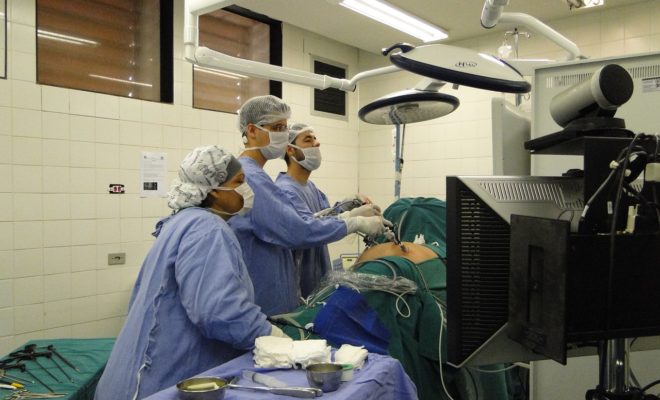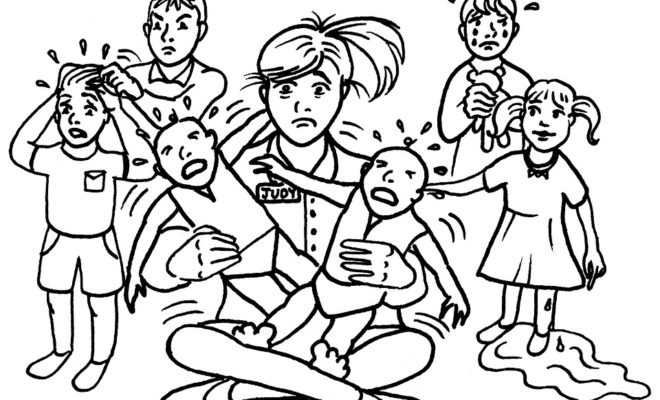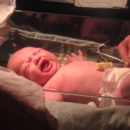When Should You See a Specialist for a Whiplash Headache?

“This article looks at when to seek specialized care for whiplash related headaches including symptoms, warning signs, treatment options and how early intervention might support better outcomes and relief.”
Every day at Migraine Surgery Specialty Center we see patients complaining of headache after neck injury. Often written as whiplash headache, these headaches can be confusing and disruptive. They might mimic tension headaches or even migraines. Knowing when to consult a specialist will help you correctly regulate discomfort and avoid long term issues.
What Is A Whiplash Headache?

After the neck moves suddenly as in an automobile accident or sports injury a whiplash headache sometimes results. The motions tax muscles, tendons, and occasionally nerves. Pain can spread from the neck’s tightening and inflammation into the head from the base of the skull.
Many times, these headaches start hours or days following the accident. Poor posture or neck mobility might aggravate them. Sometimes the headaches last long after other symptoms have disappeared.
Early Signs to Keep An eye on
Not every headache following a neck injury calls for quick professional treatment. If you do, however, observe these signs, do not wait:
- Restricted motion or neck tightness.
- Pain near the base of the skull.
- Headaches that get worse with head turning.
- Problems with balance or dizziness.
- The arms or hands tingling.
These symptoms might point to underlying injury or nerve involvement. More often than most would believe is Whiplash nerve damage. Early recognition of it improves the results of treatment.
Also see Whiplash Headaches Explained: What You Need To Know
When Headaches Still Not Gone?
Seeing a professional is mostly driven by the fact that the pain does not go away. Headaches more than two weeks following an injury could point to a more complicated problem. Some patients experience chronic whiplash symptoms including brain fog, long-term headache patterns, and exhaustion.
Many times, patients who were initially advised to rest and take painkillers never have completely healed. If this seems familiar, it could be time for a more careful review.
How Could Experts Assist?
First at our center is determining the reason behind your discomfort. Whether it’s muscle tension, joint strain, or nerve compression, we find the source of physical exams, imaging, and nerve testing.
Knowing the cause helps us create a customized plan. Treatment for whiplash headaches could consist in:
- Targeted physical education.
- Blocks of nerve action.
- Injections of botox.
- Minimalistically invasive nerve decompression.
- Manual treatment or chiropractor’s help.
We approach your care holistically to guarantee its completeness. Not only do we want short-term remedies, but long-term respite.
Check Whiplash Headaches and Sleep: Why You’re Still Tired After Rest
Why Is Our Method Different?
We search for root causes; we do not only treat symptoms. Many people do not know their headaches result from neck injuries until they consult a professional who makes the connection. Our team provides expertise in nerve associated headache conditions, Whiplash therapy, and post traumatic migraine symptoms.
We also collaborate with other providers like physical therapists, orthopedic surgeons and neurologists. Cooperation guarantees continuous, efficient coordination of your treatment. We apply evidence-based remedies catered to your particular disease and contemporary diagnostic instruments. This accuracy helps us to target your pain more effectively and lowers treatment planning’s trial-and-error.
Risk Factors of Ignoring the Suffering
Some believe their headaches are simply tension or stress-related. Time will heal it, some say. But untreated whiplash headaches can result in:
- Daily headaches that last for a lifetime.
- Issues with sleep.
- Either anxiety or depression.
- Inaccurate concentration and output.
Early care helps to avoid these issues. Seeking help sooner will help you to recover comfort and confidence in your daily life.
How might one get ready for an appointment?
Bring the following whether you are visiting us or any specialist:
- Your symptoms over time.
- Notes on what sets off or eases the suffering.
- List of drugs or techniques you have experimented with.
- Imaging reports, should they be accessible.
This knowledge enables us to design a treatment plan tailored to your requirements and way of life.
True Stories, Real Relief

Two months following a rear-end collision, one of our patients visited. She had seen three doctors, tested massage and muscle relaxers, but still suffered regular headaches. Upon evaluation of her symptoms, we discovered underlying nerve compression. Within weeks, her symptoms cleared with nerve release and guided physical therapy.
Another patient, an athlete, suffered regular headaches following many falls during training. Trigger point therapy combined with posture correction proved to be a customized formula for lowering inflammation and pain.
These legends are not unusual.Right diagnosis and treatment will allow alleviation.
Questions to Request of a Specialist
Ask a specialist, when you see them:
- What could be causing my headaches?
- Are neurons involved?
- Why are existing treatments available?
- With what anticipated outcomes and timeframe?
- How might I encourage home healing?
Clear responses enable you to remain informed and empower you.
In Conclusion
Following a neck injury, you don’t have to live with uncertainty or suffering. If your headaches are not going away, you should investigate the likelihood of a whiplash headache. Here at Migraine Surgery Specialty Center, our staff is here to listen, evaluate, and direct you toward long-lasting recovery. Whether it’s with innovative whiplash headache treatment, nerve care, or working with reputable doctors, we are dedicated to enabling you to recuperate confidently and comfortably.










